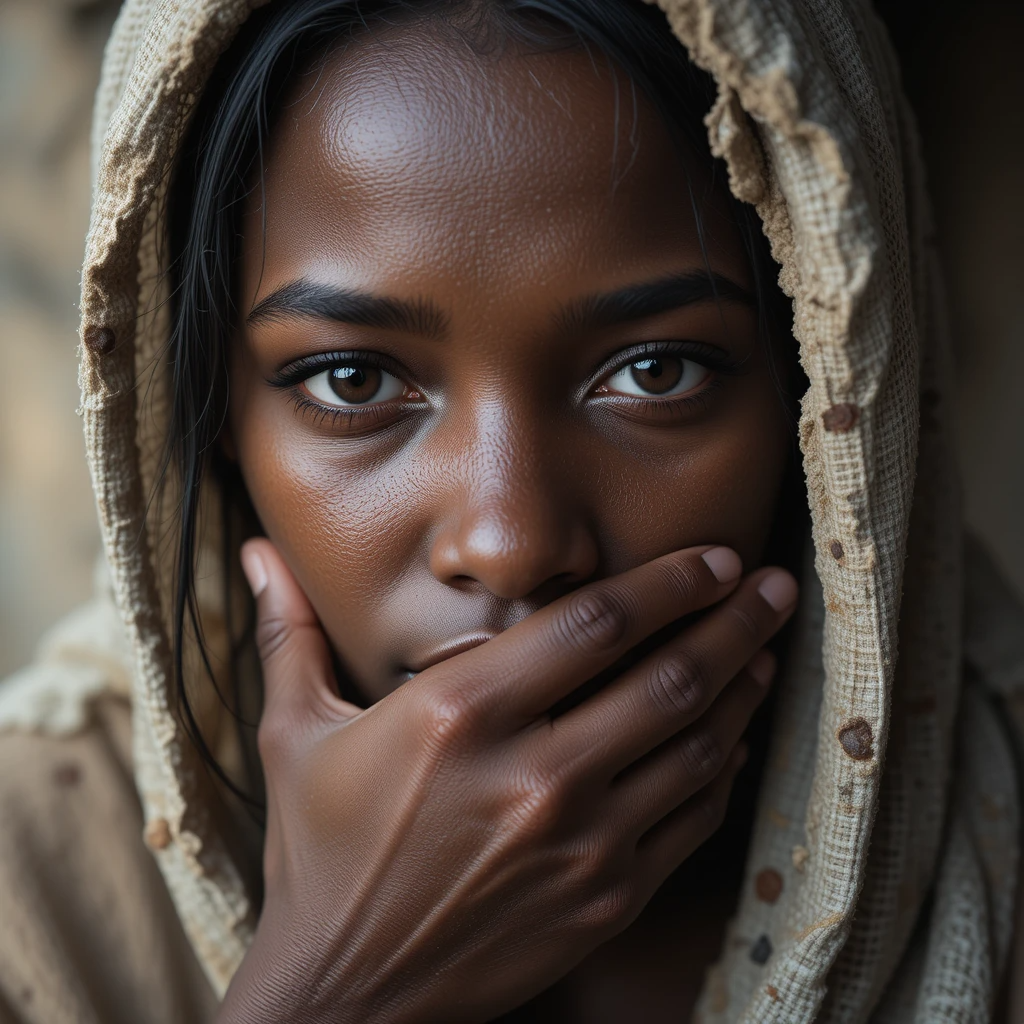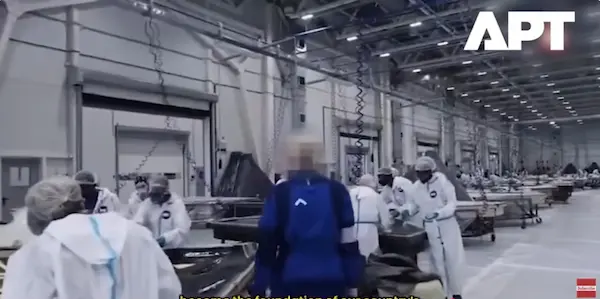The UN definition of human trafficking, which forms the basis of all international law on the topic, says:
Trafficking African Women
Find Your Relatives
If you have information to share, or you’re interested in finding out about a relative or friend who you believe is in the Alabuga Start program, please provide us with information:
What does this mean?
Trafficking in persons shall mean the recruitment, transportation, transfer, harboring or receipt of persons, by means of the threat or use of force or other forms of coercion, of abduction, of fraud, of deception, of abuse of power or of a position of vulnerability or of the giving or receiving of payments or benefits to achieve the consent of a person having control of another person, for the purpose of exploitation. Exploitation shall include, at a minimum, the exploitation of the prostitution of others or other forms of sexual exploitation, forced labor or services, slavery or practices similar to slavery, servitude or removal of organs.

How does this apply to Alabuga Start program?
From the Associated Press’s articles alone, there is substantial evidence of INDUCEMENT, DECEPTION, and COERCION:

The Global Initiative against Transnational Organized Crime (GI-TOC) report “Who is making Russia’s drones? – The migrant women exploited for Russia’s war economy” concludes that Alabuga Start has some characteristics of a case of human trafficking and that at the very least the program is a form of fraudulent exploitation.

In July 2025, Russian state-owned military news channel Zvezda released a documentary promoting Alabuga SEZ and openly detailing how teenagers are being trained to build drones in local colleges. The Institute for Science and International Studies published images from the documentary, showing young African women building drones at the SEZ. This provides further evidence – now from Russia’s own state media – that Alabuga Start’s recruitment practices are deceptive.
Do human trafficking laws even apply to Russia?
Yes. Russia signed the UN Protocol to prevent, punish, and suppress human trafficking in May 2004. And in November 2024, Russian delegate to the Organization for Security and Co-operation in Europe, Aleksandr Volgarev, claimed:
Russia regards countering trafficking as a priority task for the international community…Our country supports international efforts to combat trafficking, with the United Nations playing the leading role.
Even if Russia doesn’t care about the UN, Russia also prohibits human trafficking under Article 127.1 of its own 1996 Penal Code:
1. Human beings’ trafficking, that is, a human being’s purchase and sale or his recruiting, transportation, transfer, harboring or receiving for the purpose of his exploitation – shall be punishable by deprivation of liberty for a term of up to five years.
2. The same deed committed
- in respect of two or more persons;
- in respect of a known minor;
- by a person through his official position;
- moving the victims across the State Border of the Russian Federation or illegally keeping him abroad;
3. Shall be punishable by deprivation of liberty for a term from three to 10 years.
4. The deeds provided for by Parts One and Two of this Article:
- which have entailed the victim’s death by negligence…
- committed in a way posing danger to the life or health of many people;
- committed by an organized group –
shall be punishable by deprivation of liberty for a term from eight to 15 years.
…and in 2006 the Russian government passed a law allowing prosecutors to seize the assets of convicted traffickers.
